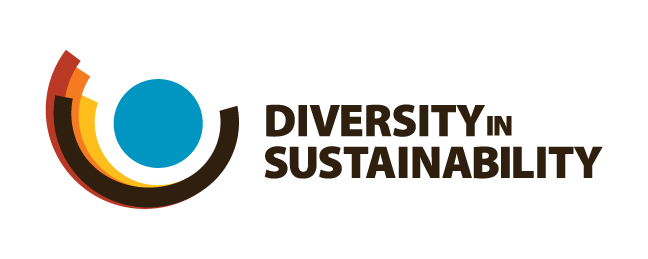Career Series Summary: Getting into Business and Human Rights with Jesse Nishinaga
In this session, Jesse Nishinaga shares his experience with the intersection between business and human rights. From seeing his father’s involvement with redress and reparations for Japanese American incarceration, to his realization of the impact companies have on social issues, Jesse has been exposed to human rights and social impact throughout his life. As a seasoned business, human rights and corporate sustainability professional, Jesse currently focuses on helping clients implement ESG and human rights principles within core business functions. In today’s session, Jesse provides understanding to his work by answering key questions involving getting started in the field, along with discussing issues within human rights. For additional event details, please click here.
Moving from Business to Sustainability
When he shifted from business to sustainability, Jesse was required to change from an execution oriented mindset to consulting and advising his clients instead. Additionally, the sector of sustainability requires practitioners to work on multiple projects simultaneously, varying in topics and issues, whereas within business, professionals tend to work on one larger project at a time.
Working in different cultures and environments helped Jesse to build empathy and flexibility. Many of his skills developed within business, such as the ability to provide practical solutions for clients, were transferable to sustainability.
Jesse started generally in sustainability, dealing with issues involving climate, living wage, and human rights. Over time, he grew to specialize more in human rights.
Education
A Master’s degree in sustainability is not technically required, as many skills are learned while on the job. But due to the competitive nature of the field, a Master’s degree can be advantageous to secure positions and advance within the sector.
There are many courses outside of sustainability which are helpful to sustainability professionals. For example, business courses aid those within sustainability to speak in business terms to clients, read annual reports, etc.
A noteworthy course to Jesse was Business and Human Rights at UC Berkeley.
Navigating Issues of Inclusion
Jesse has a unique, bilateral experience. As a 4th generation Japanese American, Jesse says that he did not experience much overt racism growing up, but instead endured microaggressions; people would ask him where he came from, and remark on how “good” his English was.
To contrast, Jesse felt that others had different expectations of him as an American during his time working in Japan. His experience involving race and inclusion has given Jesse compassion and a willingness to share his time with others.
Future of Human Rights
Jesse’s take on emerging issues in human rights include:
Increase in job opportunities within the field
The trend of responsible innovation: the ethical/unethical use of technology, its risks and consequences
E.U Human Rights Sanctions
Intersection of climate and human rights
Unintended impact of acting sustainably (e.g. choosing a sustainable option that happens to have unethical sourcing)
